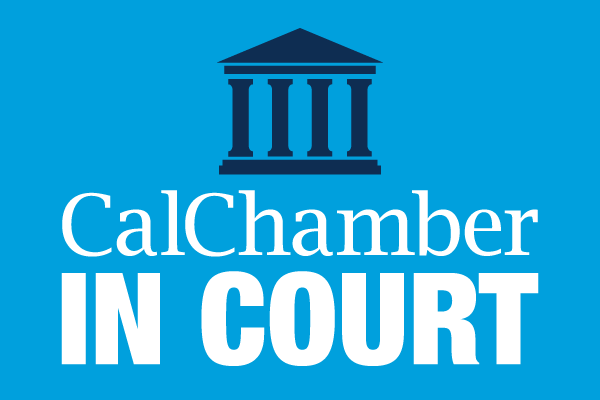 In a disappointing decision for California businesses, the California Supreme Court ruled recently that on-call rest periods are not permissible. This decision will require many California employers to re-examine their rest-break policies and practices.
In a disappointing decision for California businesses, the California Supreme Court ruled recently that on-call rest periods are not permissible. This decision will require many California employers to re-examine their rest-break policies and practices.
Supreme Court Ruling
In Augustus et al. v. ABM Security Services, Inc., the California Supreme Court reversed the 2nd District Court of Appeal, concluding that, “state law prohibits on-duty and on-call rest periods. During required rest periods, employers must relieve their employees of all duties and relinquish any control over how employees spend their break time.” The 10-minute rest break must be uninterrupted. “The rest period, in short, must be a period of rest.”
Although rest breaks are compensable time (unlike meal breaks), the employer must still relinquish control over the rest break, said the Supreme Court. An employer cannot meet its rest-period obligations by requiring employees to remain on-call. A “broad and intrusive degree of control” exists when there is an on-call rest period because the employee is forced to remain “on call, vigilant, and at the ready.”
The state high court noted that its ruling does not prevent employers from being able to reasonably reschedule a rest period when the need arises—although such circumstances should be “the exception rather than the rule.”
Moreover, if a rest period is interrupted, an employer can restart the rest period or pay the premium pay for the missed rest break.
CalChamber Brief
The California Chamber of Commerce filed a friend-of-the court brief prepared by Greg Valenza of Shaw Valenza in this case. The California Building Industry Association joined in the brief.
The brief argued that the court should define “rest period” as a period of freedom from exertion or performing usual duties. The brief also pointed out that rest breaks already are compensable as “hours worked.”
Background
ABM Security Services, Inc. (ABM) employs security guards across California. Jennifer Augustus and others sued ABM, claiming that ABM failed to provide guards with uninterrupted, 10-minute rest periods as required by California law because ABM required its security guards to keep their radios and pagers on during rest breaks, remain vigilant and respond to emergencies.
The guards presented no evidence that anyone’s rest break was ever actually interrupted, only that they were required to remain on call.
A trial court ruled in favor of the guards who sued, concluding that an employer must relieve its employees of all duties during rest breaks, including the obligation to remain on call. The guards sought a one-hour penalty every day for every one of nearly 15,000 security guards, plus waiting time penalties and interest. The trial court eventually awarded the guards about $90 million in damages, interests and penalties.
The 2nd District Court of Appeal reversed the trial court, ruling that on-call rest periods are lawful. This petition to the California Supreme Court followed.
This case was discussed in detail in the HRCalifornia Extra, a biweekly e-newsletter reporting on the latest labor laws and how they could affect your company. CalChamber members can sign up for the e-newsletter at www.calchamber.com/newsletters.

